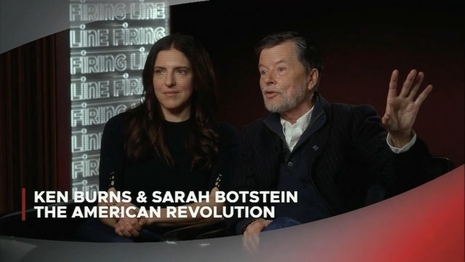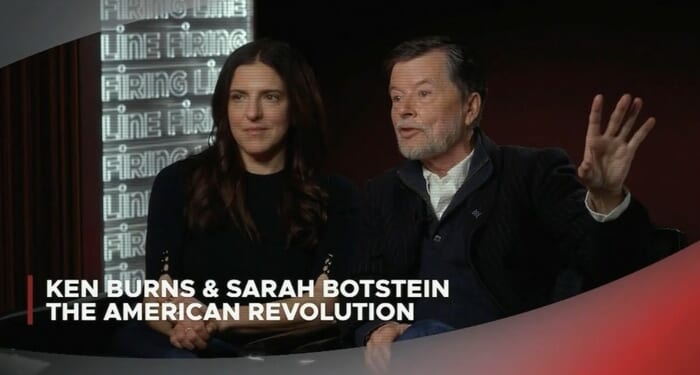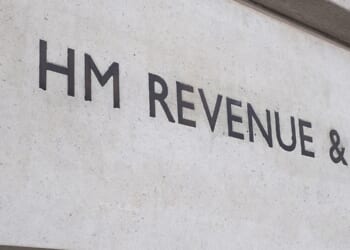PBS omnipresence Ken Burns debuted his latest historical documentary, the six-part, 12-hour series The American Revolution, on Sunday evening and it will air through November 21. Sympathetic journalists were eager to see parallels of the colonists fight for independence and Trump’s opponents rebelling against an authoritarian leader. Journalists like the New York Times’ James Poniewozik:
Over its 12 hours, The American Revolution takes two parallel tracks: the stories of white leaders who would eventually appear on dollar bills and in portrait galleries, and those of Americans of color, who were often used as pawns or had to choose which side of the war offered them the best chance at autonomy.
Poniewozik huffed (bold and caps included in original):
THIS SHOULDN’T BE CONTROVERSIAL. It is simply history for grown-ups, which assumes that people can accept both that the revolution was a triumph for the idea of liberty and that the revolutionaries who fought it didn’t live up entirely to their beautiful words.
Again, Burns often doesn’t have to underline his Trump parallels, sympathetic journalists will gladly do it for him:
Other similarities hit, as history often does, square on the nose. As the current administration sends the National Guard into cities over the objections of local officials, the film describes the British alienating Bostonians by sending an army — citing security concerns — to occupy the city. “Good God,” says the Rev. Andrew Eliot (voiced by Tom Hanks), “what can be worse to a people who have tasted the sweets of liberty?”
And as the film describes the draft constitution’s balance of powers, the choice of emphasis is hard to ignore. “They feared that a demagogue might incite citizens into betraying the American experiment,” Coyote says. “Alexander Hamilton was concerned that an ‘unprincipled’ man would ‘mount the hobby horse of popularity’ and ‘throw things into confusion.’” The script names no current names, but critics of President Trump have cited this quote for years.
Deadline’s executive editor Dominic Patten went even further, pumping up Burns’ languorous examination of the Revolutionary War into something that makes MAGA-land seethe with indignation.
On the most integral level, the past decade in our frayed Republic has seen a domination by MAGA madness and the largely toxic discharge of social media….For another thing that perhaps won’t land well with MAGA crowd: it’s also complicated and quite diverse.
He claimed later that “Burns’ American Revolution also burns to a crisp the prevailing notion of the Great Man of American History.”
 Odd, then that Burns called George Washington “the indispensable man” in an interview on PBS’s Firing Line in tandem with his colleague Sarah Botstein.
Odd, then that Burns called George Washington “the indispensable man” in an interview on PBS’s Firing Line in tandem with his colleague Sarah Botstein.
He insisted to host Margaret Hoover that he was not going to put his “thumb on the scale” in the film. “I will tell you this, that we have called balls and strikes in ‘The American Revolution.’” He also boasted that “We’re not going to just have a sanitized, Madison Avenue version of this.”
Does he? Early in the first episode, “In Order to be Free,” the second voiceover, after Thomas Paine, is a quote from a spokesman for the 6 Nations of the Iroquois Confederacy, an odd emphasis. The narration immediately afterwards (from veteran actor Peter Coyote).
Narrator Peter Coyote: Long before 13 British colonies made themselves into the United States, the Six Nations of the Iroquois Confederacy– Seneca, Cayuga, Onondaga, Tuscarora, Oneida, and Mohawk– had created a union of their own that they called the Haudenosaunee– a democracy that had flourished for centuries.”
That certainly sounds debatable.
There is a lot of content about American Indian nations and the vital role of women and the shame of African slavery, but the narrative doesn’t reduce the Founding Fathers to hypocritical wealthy white men or claim the Revolution was a lie, at least not in Episode 1.
Burns certainly provided plenty of historical details for liberals to work with, like the British alienating Bostonians by sending an occupying army, which Poniewozik was eager to interpret through the prism of Trump sending in the National Guard to U.S. cities.
Episode 2, “Bunker Hill,” airs Monday night.
















